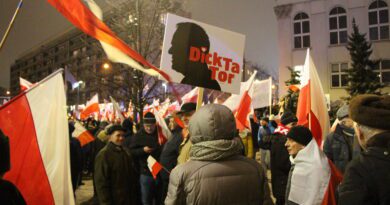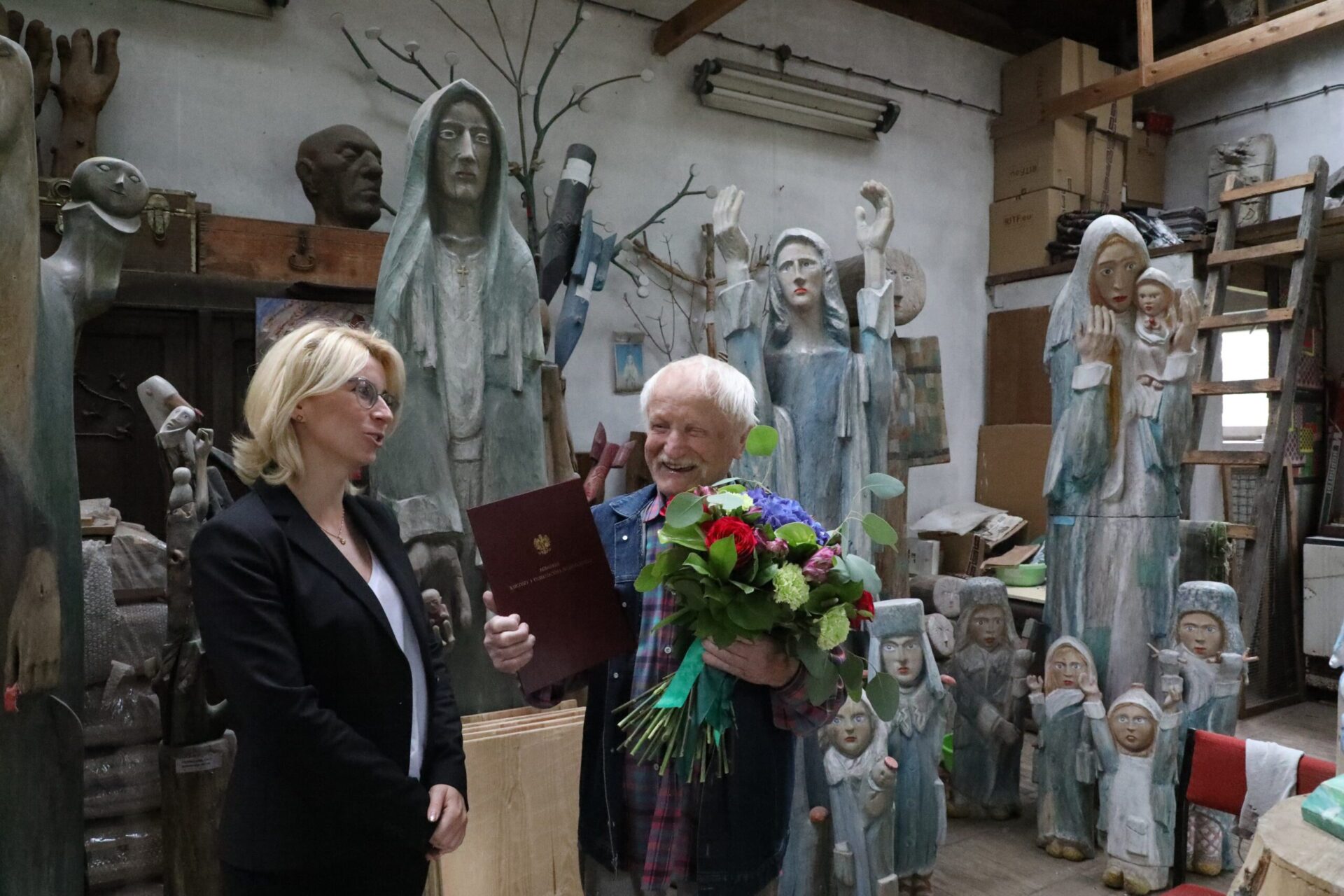Judge Brazewicz is back – Donald Tusk’s left-liberal government restoring old post-communist order in Poland

Donald Tusk’s new left-liberal government is restoring the old post-communist order in Poland’s judiciary, promoting those who successfully protected communist criminals in the 1990s and 2000s.
Piotr Semka
When I joined the editorial board of Solidarity’s Gdańsk Weekly as a young journalist in 1989, I got to personally know a few journalistic celebrities of the Gdańsk-Sopot-Gdynia sprawl for whom I had a lot of respect.
One of them was Wiesława Kwiatkowska. She was a proud Gdynia resident all her life. When the communist police fired on the shipyard workers in December of 1970, she was 34 years old. She never forgot Gdynia’s Black Thursday. Back in the days of the first Solidarity union, in 1980-1981, she collected accounts of those terrible December days. Under the martial law of the early 1980s, she was sentenced for continuing to collect accounts of the victims of December ’70. In 1993 she published a book entitled December Apocalypse (Grudniowa apokalipsa).
Not surprisingly, in 1995 she was the one reporting on the agonizingly slow trial of those responsible for the December ’70 massacre in the pages of her new local newspaper, Dziennik Bałtycki (The Baltic Daily), including General Wojciech Jaruzelski himself. The panel of judges was presided over by Judge Włodzimierz Brazewicz. In the pages of Dziennik Bałtycki, Wieslawa cited information she had heard from sources in the judicial community according to which Brazewicz had allegedly gone to Warsaw to discuss the trial’s further development with politicians from the then-ruling post-communist Democratic Left Alliance (SLD) party.
Judge Brazewicz then filed charges against Wiesława Kwiatkowska for contempt of court. He stated that he had indeed been in Warsaw, but only visited the parliamentary library. Wieslawa asked me to check if Brazewicz’s signature appears in the Sejm library’s guest book. The signature was indeed there, but, as I explained to her at the time, once one is on the Sejm’s grounds, one can go from the library to other places without attracting attention, whether to the Sejm’s restaurant or, by a circuitous route, to the offices of the parliamentary groups.
Unlike Jaruzelski’s trial, Kwiatkowska’s trial moved swiftly. The court rejected the explanation that his presence in the Sejm gave reason to suspect that Judge Brazewicz had met with SLD politicians. Asked to provide the source of her information, Wiesława firmly refused, citing journalistic confidentiality.
In 1995, she was sentenced to three months in prison with probation. A bitter joke circulated in Gdańsk that Wiesława was the only person convicted for December ’70. Unlike her, however, Jaruzelski weaseled out of his trial. Wiesława was devastated by this verdict. Her awareness of the grievous injustice of the situation was too strong. She began having health problems and lost the desire to write new books. She died in 2006, and all her friends felt that Judge Brazewicz’s lawsuit and failure to punish those responsible for the December massacre had taken away her will to live.
Why am I recalling all of this now? Well, on January 29 of this year, the Ministry of Justice published this dry announcement on behalf of Justice Minister Adam Bodnar: “The Minister of Justice has appointed Judge Gregorz Kasicki and Judge Włodzimierz Brazewicz as his Disciplinary Prosecutors […]. The designated judges meet high professional and ethical standards.“
So Judge Brazewicz is back. It’s a good thing Wiesława Kwiatkowska didn’t live to see this.
This article was first published in Polish in the Do Rzeczy weekly in February 2024.



